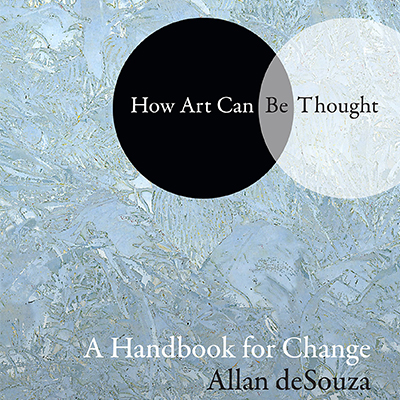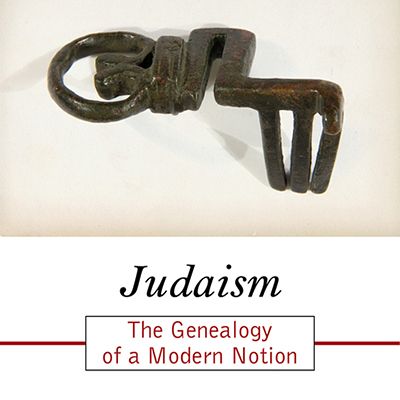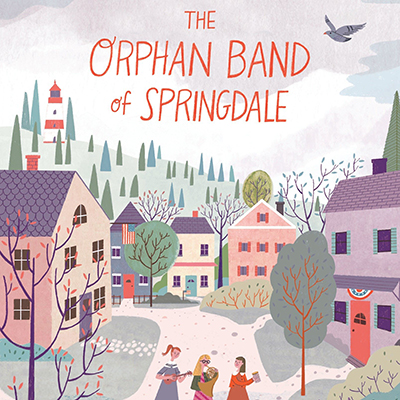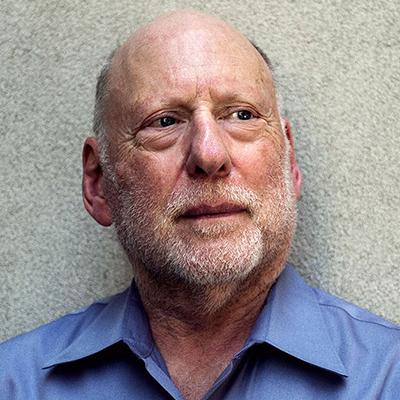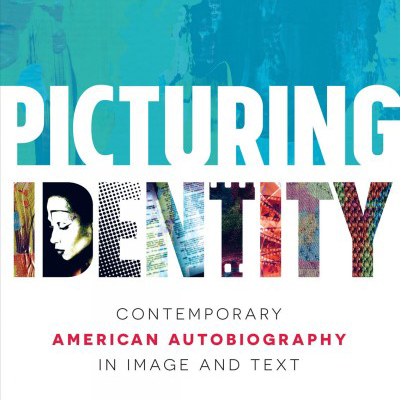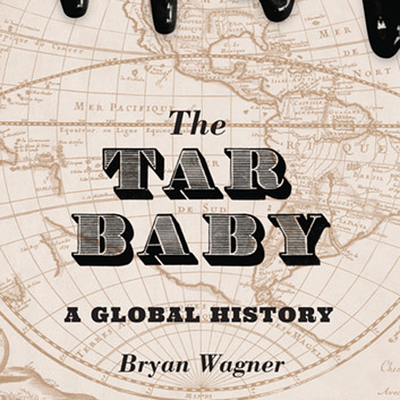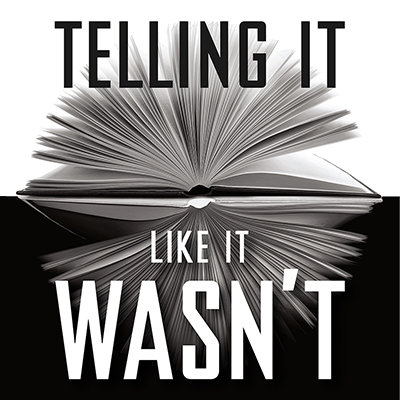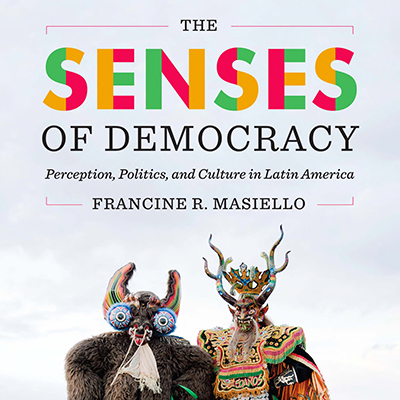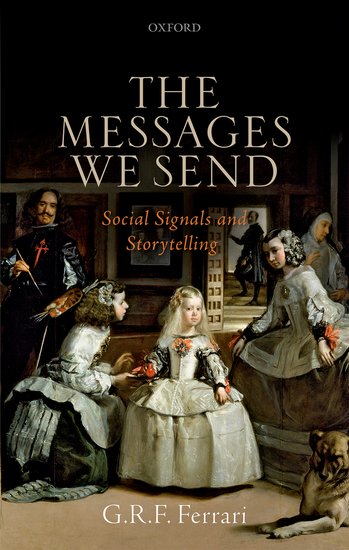What terms do we use to describe and evaluate art? How do we judge if art is good, and if it is for the social good? DeSouza investigates the terminology through which art is discussed, valued, and taught.
Boyarin argues that the very concept of a religion of “Judaism” is an invention of the Christian church that was adopted by Jews only with the coming of modernity and the spread of Christian languages.
Nesbet’s historical novel for younger readers takes place during World War II in Springdale, Maine. It tells the story of 11-year-old Gusta, who is sent to live in an orphanage run by her grandmother after her labor-organizer father is forced to flee the country.
In his exploration of a watershed political year, Todd Gitlin unearths a "thrust toward retrogression" that stands in stark contrast to the popular image of 1968 as a politically progressive moment.
Picturing Identity: Contemporary American Autobiography in Image and Text
Wong explores the intersection of writing and visual art in the autobiographical work of Art Spiegelman, Faith Ringgold, Leslie Marmon Silko, and other American writers-artists who experiment with hybrid forms of self-narration.
Wagner offers a fresh analysis of this deceptively simple story of a fox, a rabbit, and a doll made of tar and turpentine, tracing its history and connections to slavery, colonialism, and global trade.
Telling It Like It Wasn’t: The Counterfactual Imagination in History and Fiction
Inventing counterfactual histories — such as a Europe that never threw off Hitler, or a second term for JFK — is a common pastime of modern day historians. Gallagher probes how counterfactual history works and to what ends.
The Senses of Democracy: Perception, Politics, and Culture in Latin America
Masiello explores the textual and visual representation of the senses during moments of crisis in Latin America from the early nineteenth century to the present.
Patricia Williams in Conversation with Ramona Naddaff
Patricia Williams is the James L. Dohr Professor of Law at Columbia University. A scholar of race, gender, and law, she is a prolific writer across a variety of genres. Her books include The Alchemy of Race and Rights and Open House: Of Family, Food, Piano Lessons, and the Search for a Room of My Own. She is a columnist for the Nation.
Exploring the idea of "intimations" - social interactions that approach outright communication but do not quite reach it - G. R. F. (John) Ferrari offers a new framework for understanding different ways in which we communicate with each other.
